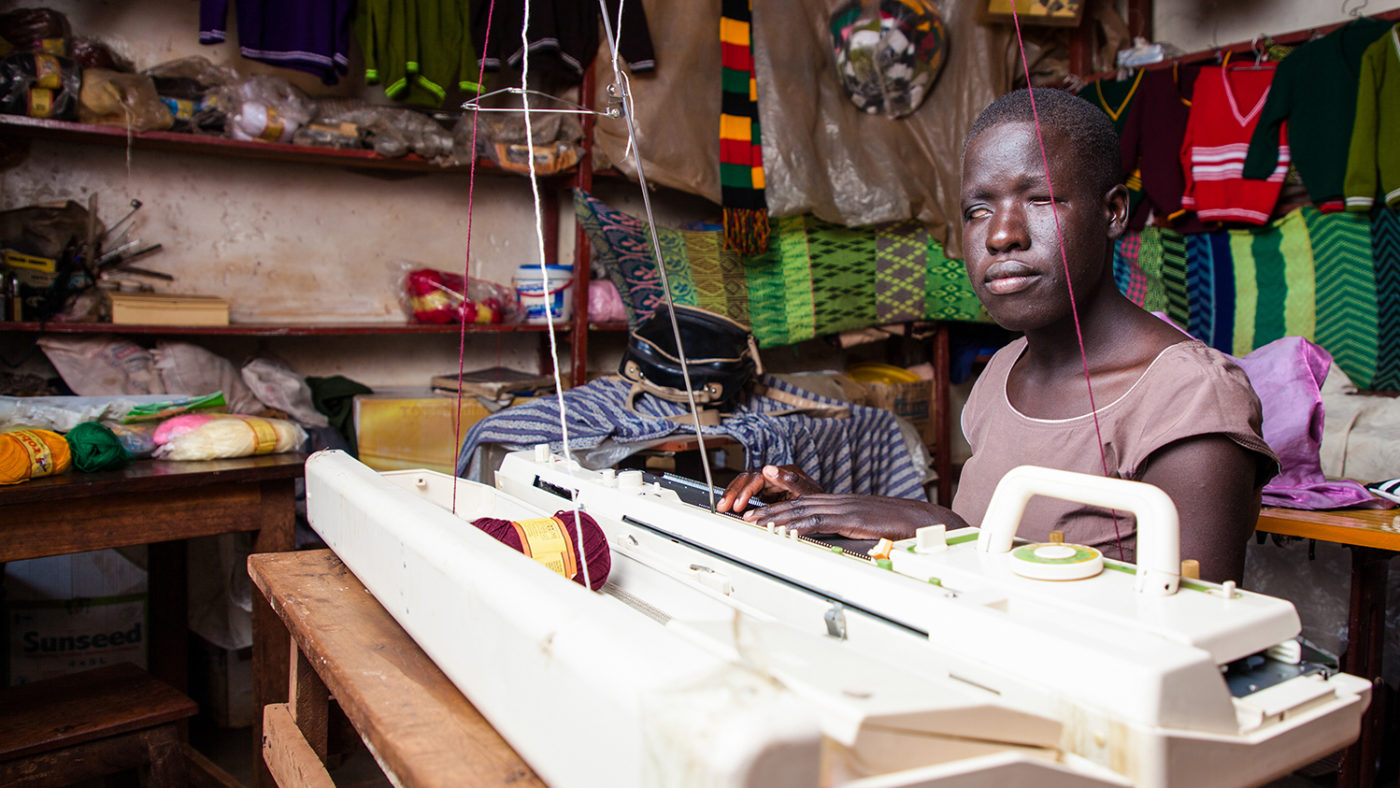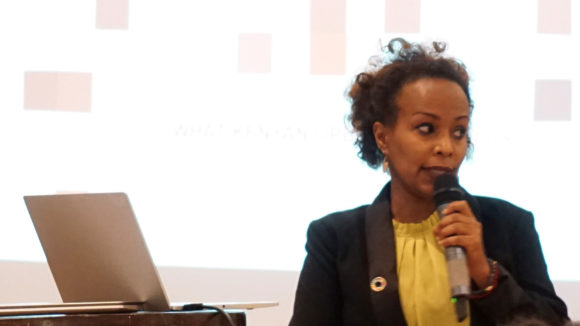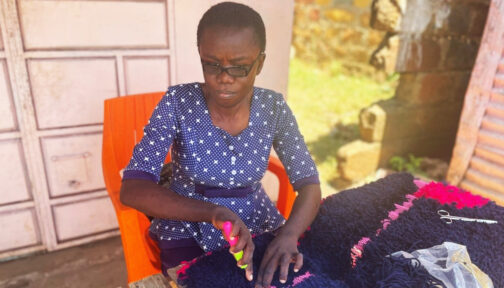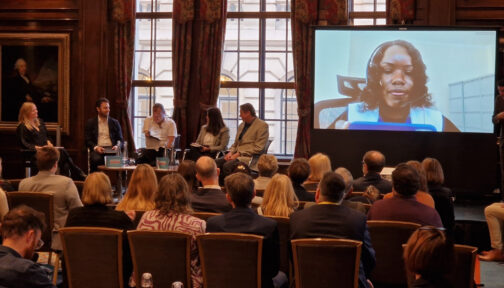
Through tracking government spending on disability inclusion, Inclusive Futures partner Development Initiatives discovered that the funding governments allocate towards disability isn’t always spent.
The development organisation also found that funds for disability inclusion are often lumped together with budgets for other social programmes. This makes it difficult to pinpoint exactly how much funding is being allocated to disability inclusion.
Here, Martha Bekele from Development Initiatives explains some of the challenges around budget tracking and her recommendations for building greater transparency around government spending on disability.
Budget documents can be difficult to obtain, especially at a district level where local governments do not publish budgets on their websites. As part of our work through Inclusive Futures, we had to drop some sub-national budgets from our analysis and where we had established contacts; we contacted governments directly.
When budget documents are made publicly available – usually at a national level – they are often presented in a PDF format. Additional skills are then required to convert the information within the documents into an Excel spreadsheet. It’s a labour-intensive exercise which requires spending time checking for errors.
Budgets usually set out how much money is allocated towards a particular programme but not how much is actually spent. Budgets for social programmes are usually lumped together – for example, disability inclusion with gender equality and youth empowerment. This makes it difficult to measure how much funding is actually being allocated to disability inclusion programmes.
Information on how much money is spent at an activity level is included in governments’ annual work plans, but these are often not made public. If government treasuries made their work plans available, financing of disability programmes could be tracked with near precision.
Making timely and relevant data available is key to ensuring that resources allocated towards disability inclusion programmes respond adequately to the needs of people with disabilities. Systems for collecting data that are already in place (for example, by community workers at a village level) and connected to online platforms for monitoring and evaluation purposes could be adapted to include collecting data on disability.
It is misleading to report allocated budgeting on disability inclusion if financial tracking stops at the approved budgets. When we compared approved budgets with actual spending, we found that budgets relevant to disability inclusion are often repurposed or reprioritised in a typical financial year. To avoid this happening, representatives of people with disabilities should be supported with the skills needed to oversee the implementation of budgets.
Quantitative data analysis often provides us with an incomplete picture. Through Inclusive Futures, we have supplemented our analysis of financial and non-financial reports by carrying out interviews with key stakeholders involved in the budgeting process, like local government officials. Beyond spending capacity, we discovered issues, particularly at a district level, around the procurement of assistive devices. Qualitative data can also be useful in documenting the actual impact of public financing on disability inclusion and identifying gaps, including if budgets are released in a timely and efficient manner.
For more resources and information on budget tracking, visit:
- How can governments effectively budget disability-relevant funding?
- Government funding to support disability inclusion in Kenya
- From disability budget commitments to budget execution in Kenya: matching disability approved allocations to actual spending and performance
- Social protection for disability inclusion in Kenya and Uganda

Author
Martha Bekele is lead analyst for East Africa at Development Initiatives.
More news and opinions

Global Disability Summit 2025: Closing the gap between disability inclusion and development
Inclusive Futures is attending the summit in Berlin on 2-3 April. Visit our booth or attend our panel event to connect with us and learn more about our programme insights.

Sense International wins prestigious Zero Project award for its work with entrepreneurs with disabilities
Sense International has won a 2025 Zero Project Award for empowering individuals with deafblindness and complex disabilities in Kenya to build successful businesses and achieve financial independence.

Driving change: launching the six principles for inclusive development
Inclusive Futures and the UK Foreign, Commonwealth & Development Office marked International Day of People with Disabilities by jointly hosting an event to launch the six principles for inclusive development.